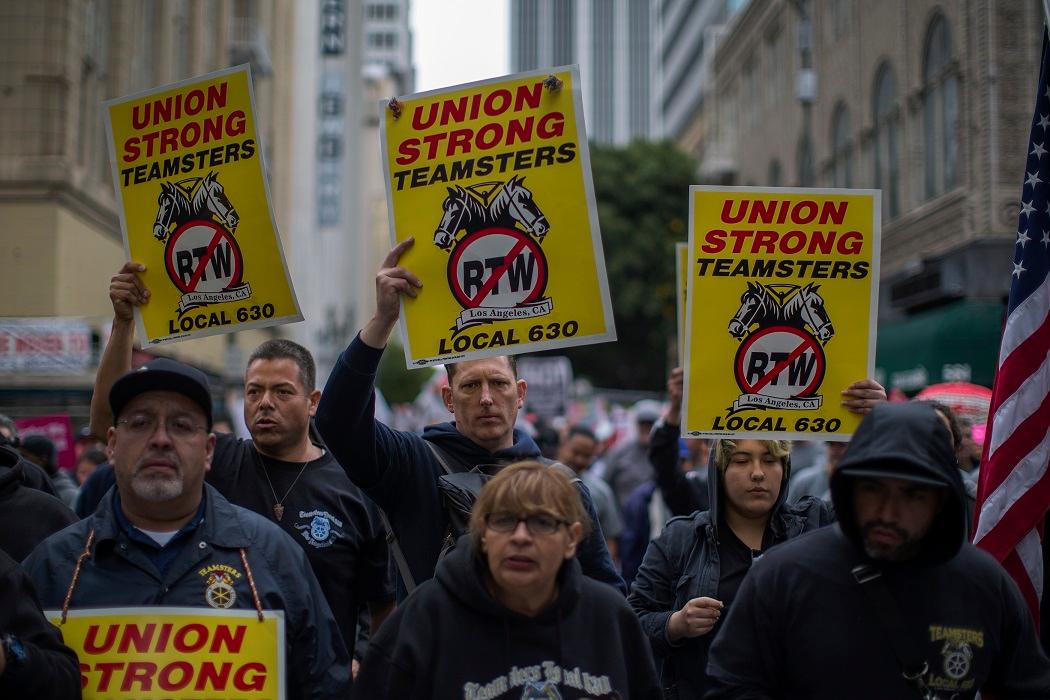The Teamsters Union warned that a U.S.-wide strike is imminent if the United Parcel Service (UPS) doesn’t come to an agreement with the union Friday, potentially triggering one of the largest strikes in American history.
The union, which represents hundreds of thousands of UPS drivers, “walked away from the national bargaining table” and said that UPS must give its “last, best, and final offer” by Friday, June 30.





